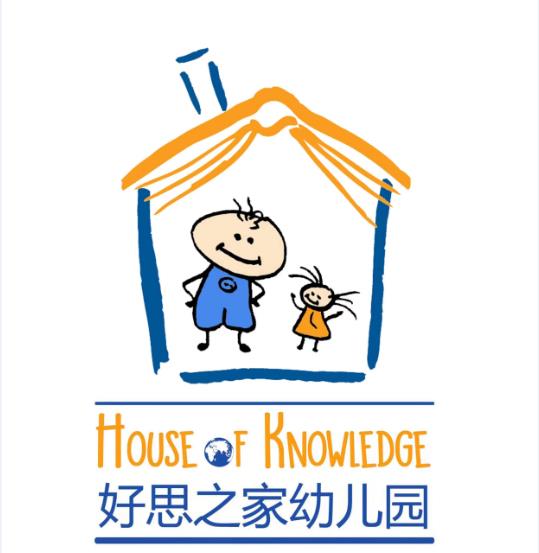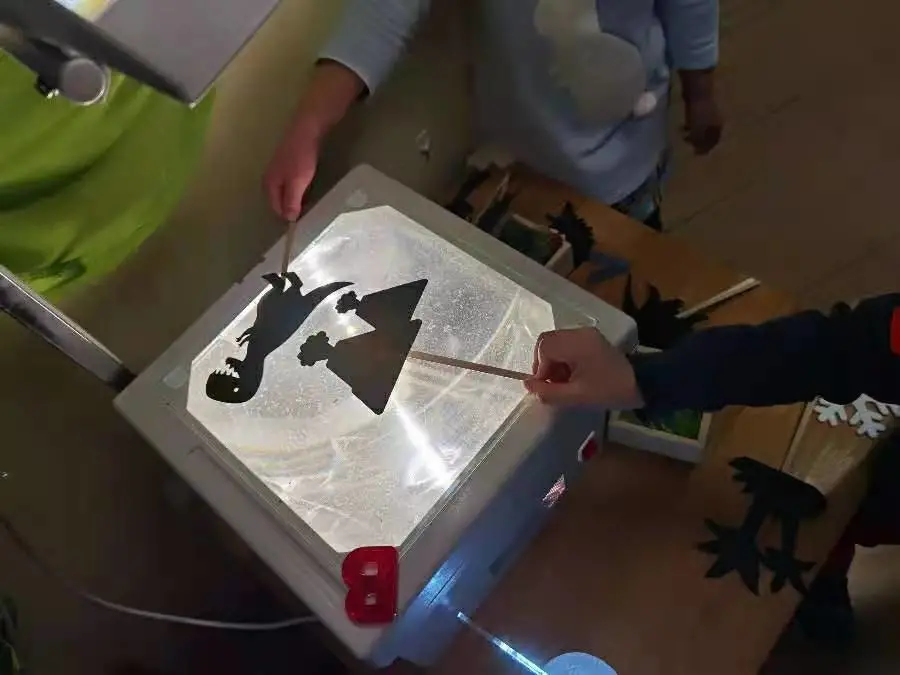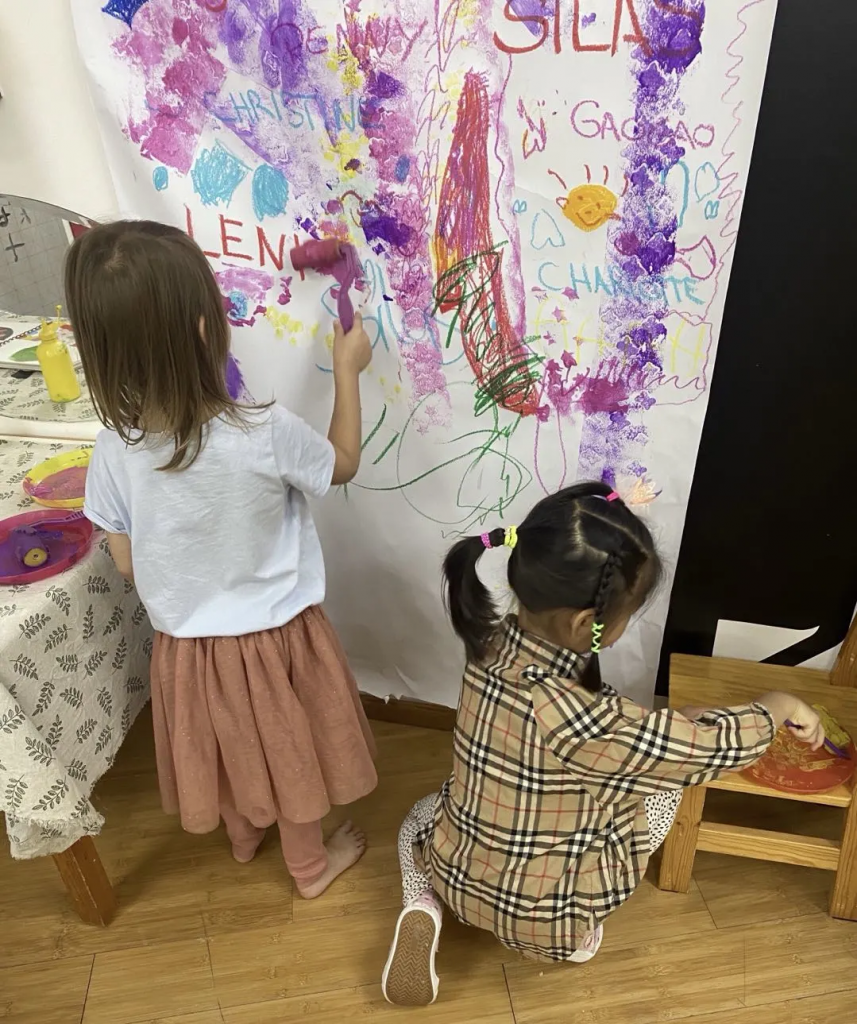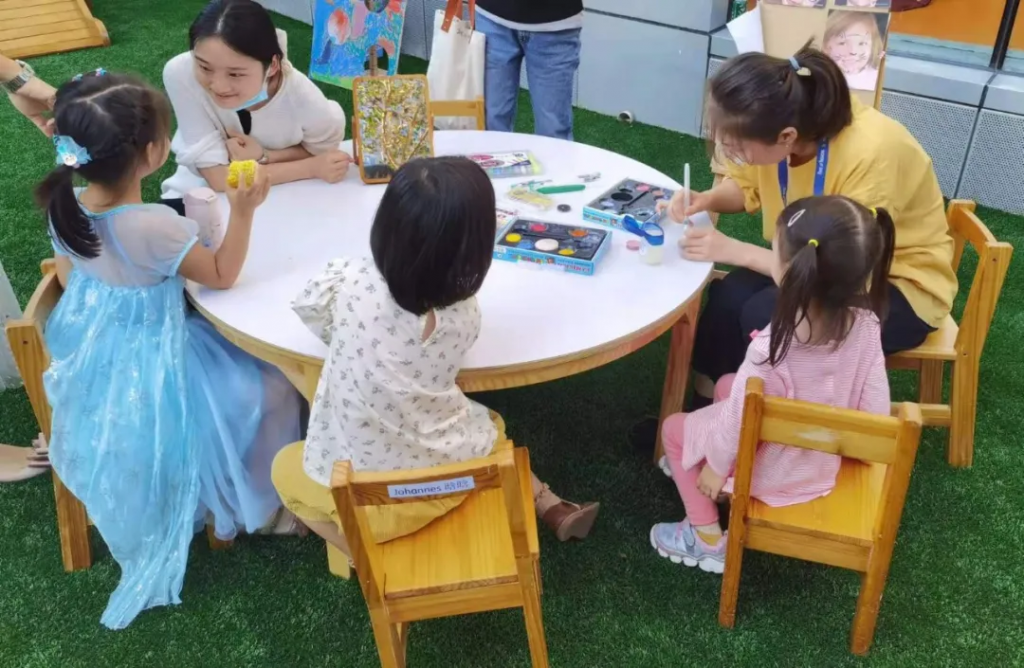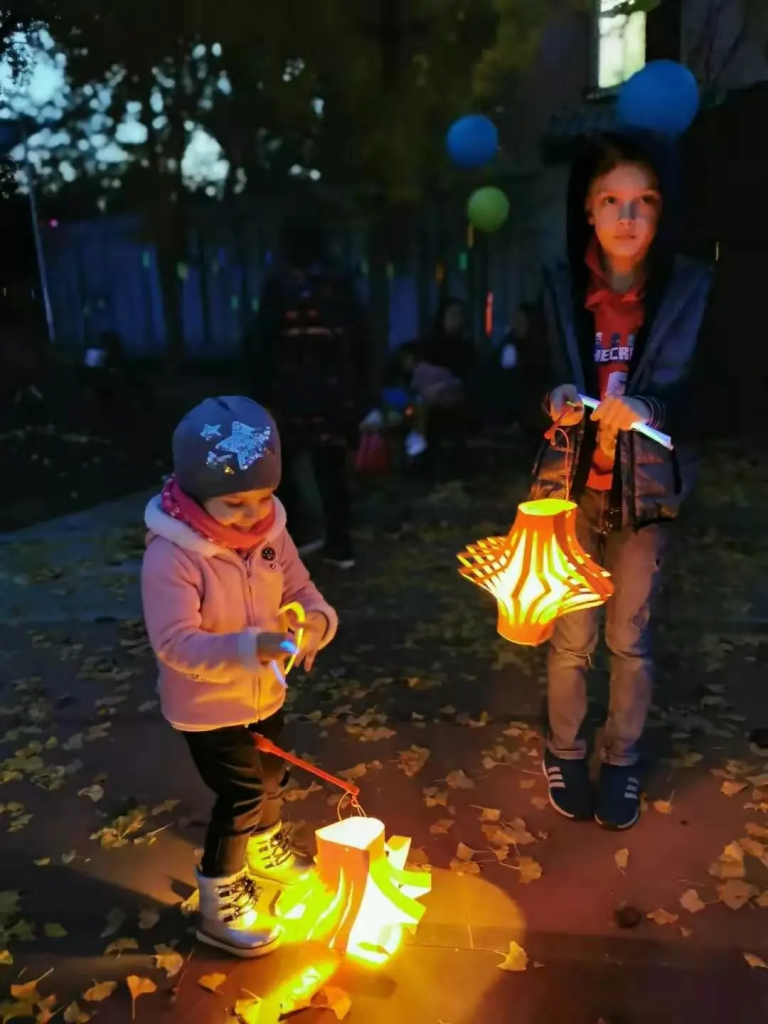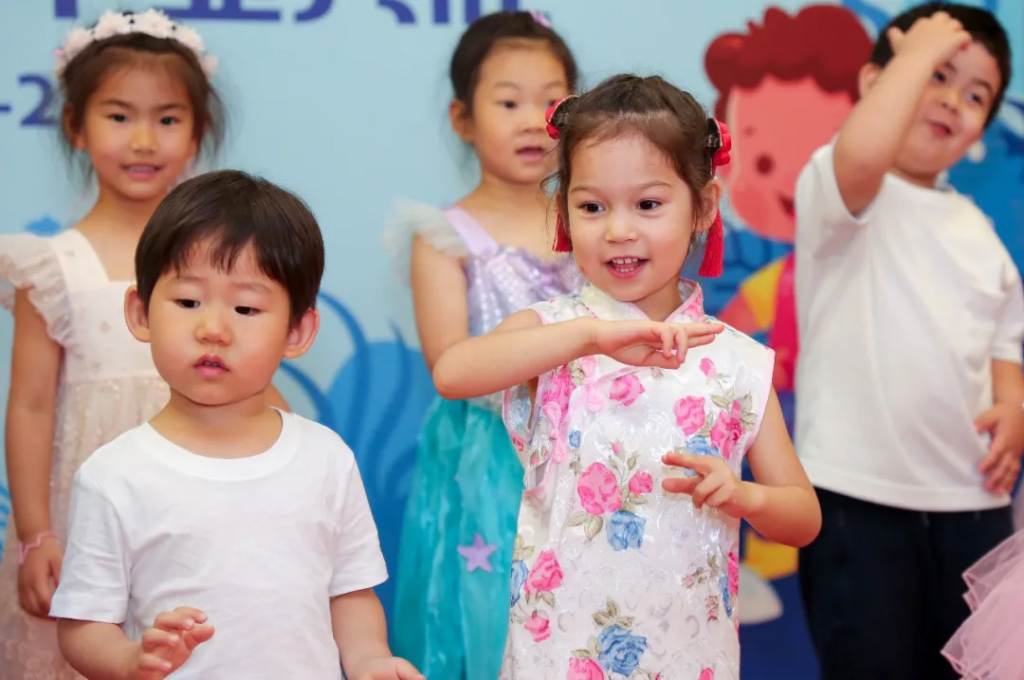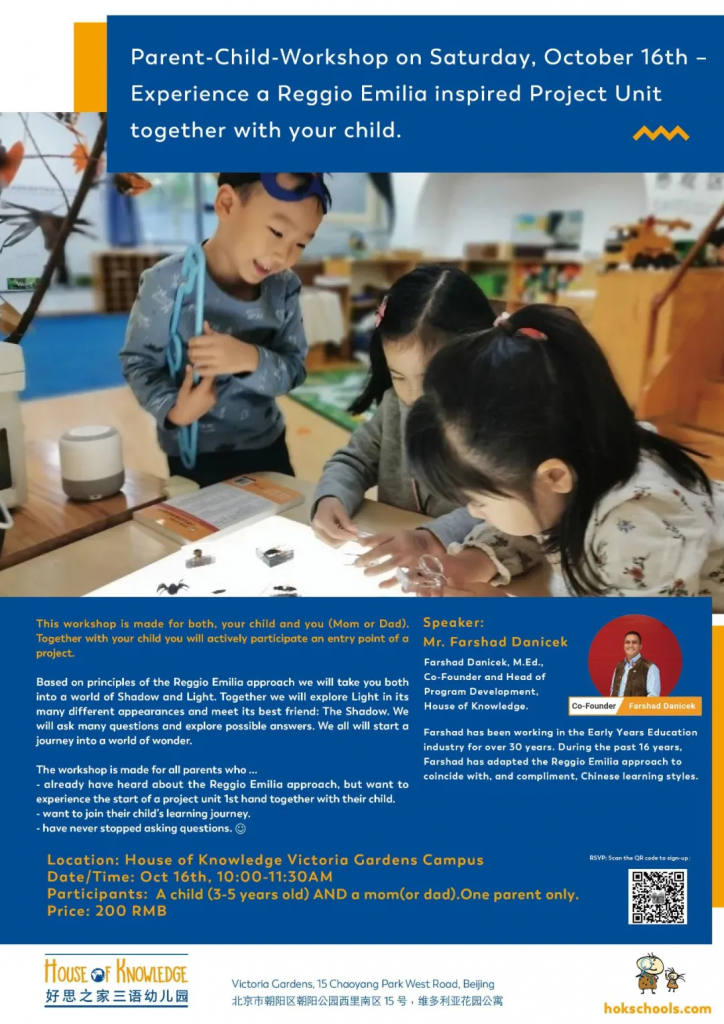Among Beijing families, House of Knowledge is well-known for its “child-centered” Reggio Emilia approach as well as its personalized project-based learning environment. Today, let’s explore with us House of Knowledge, the best Reggio-inspired Kindergarten in China and Beijing’s only school that teaches in English, Chinese, and German – since 2007. 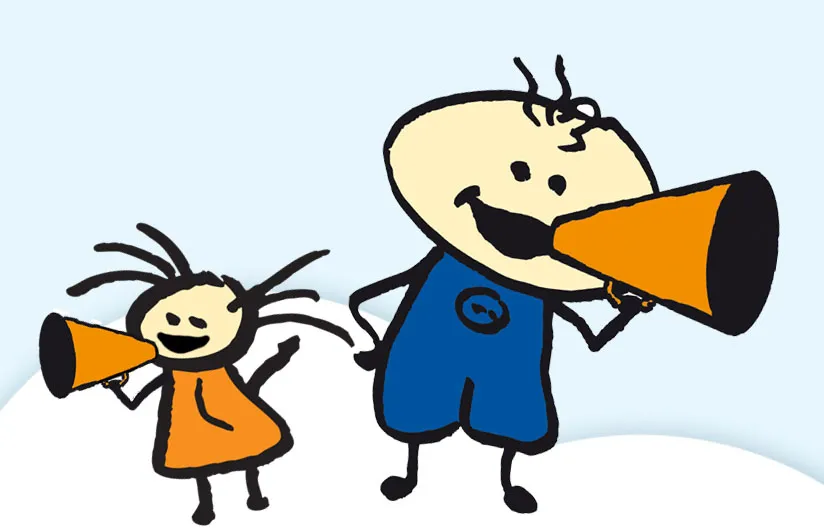
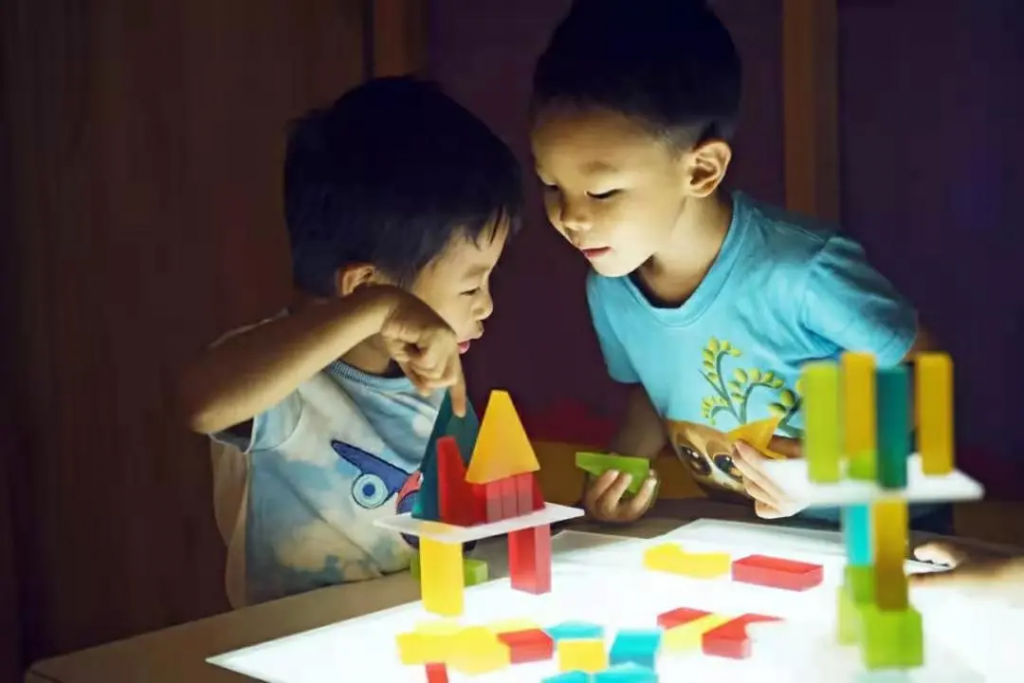
Is Reggio Emilia in Germany?
No, it’s a region in Italy and the birthplace of the early childhood education philosophy that is attracting more and more interest across Asia. The educator, however, who brought the Reggio Emilia approach to China, is Mr. Farshad Danicek, a native of Berlin, the German capital, and co-founder of House of Knowledge. 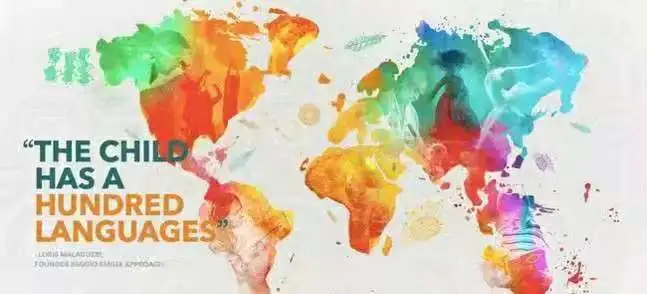
 ◎Picture- Mr. Farshad Danicek in Parents Workshop
◎Picture- Mr. Farshad Danicek in Parents Workshop
The Reggio Emilia approach emphasizes that children are social by nature and that the learning process is intertwined with its environment. In fact, a classic statement is that the classroom is the third teacher (next to parents and professional teachers). At the beginning of a school year, you will find the interior of a Reggio Emilia classroom rather empty. As project work begins and children gain knowledge, they turn their learning into tangible products. Suddenly, dinosaur models populate the shelves, waterfalls made from paper run down the walls, and you may find that carton boxes were transformed into a spaceship that just landed in the middle of the classroom! Education science calls this: Making learning visible – and it’s very important for a child’s brain. Children learn and remember better when they make something themselves, instead of just repeating concepts. 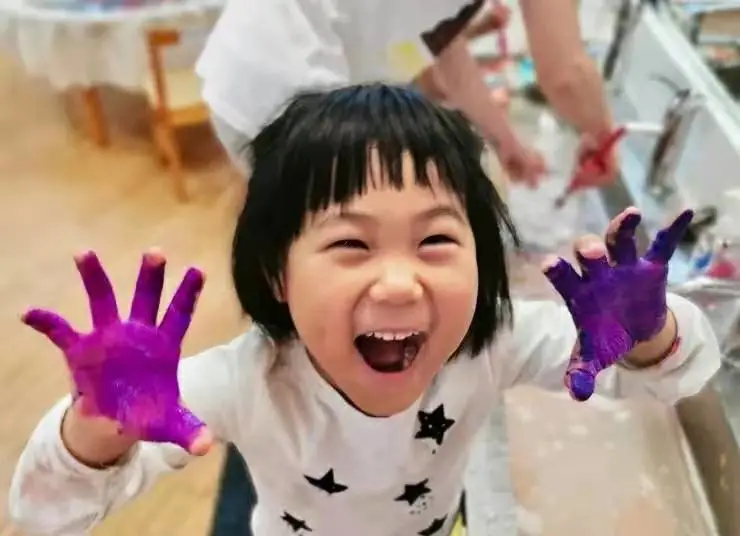
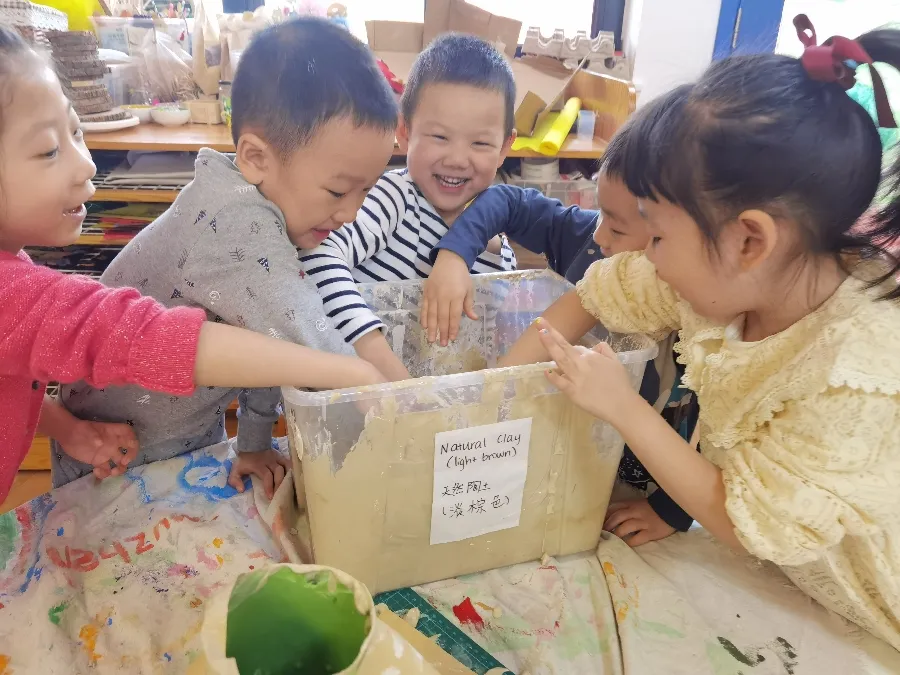
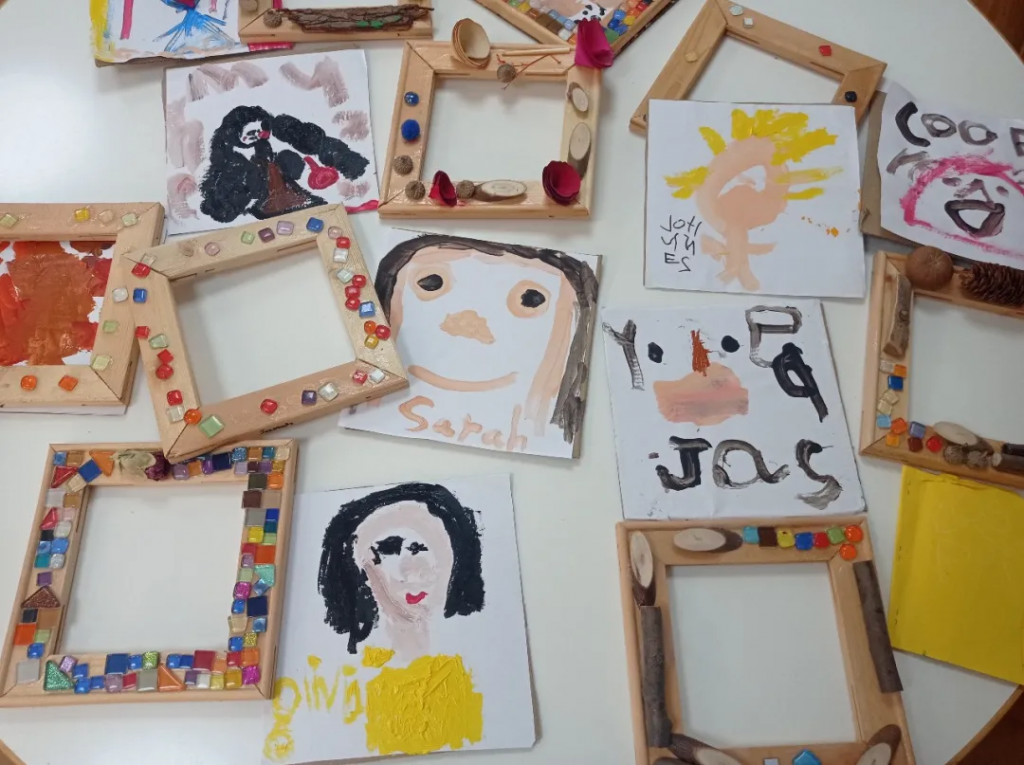 ◎Picture- Children decorating their classrooms
◎Picture- Children decorating their classrooms
“That’s a stupid question”
Who hasn’t heard this before? Unfortunately, what may be a mindless comment, kills what makes us creative: curiosity. Children are born with curiosity for themselves and their environment. In a Reggio Emilia setting, children are constantly encouraged to ask questions and to get to the bottom of things. Their own questions guide their learning process. That’s what is called child driven. The natural curiosity of the children initiates and moves a learning project forward. The teacher guides and supports the children as they discover the world. 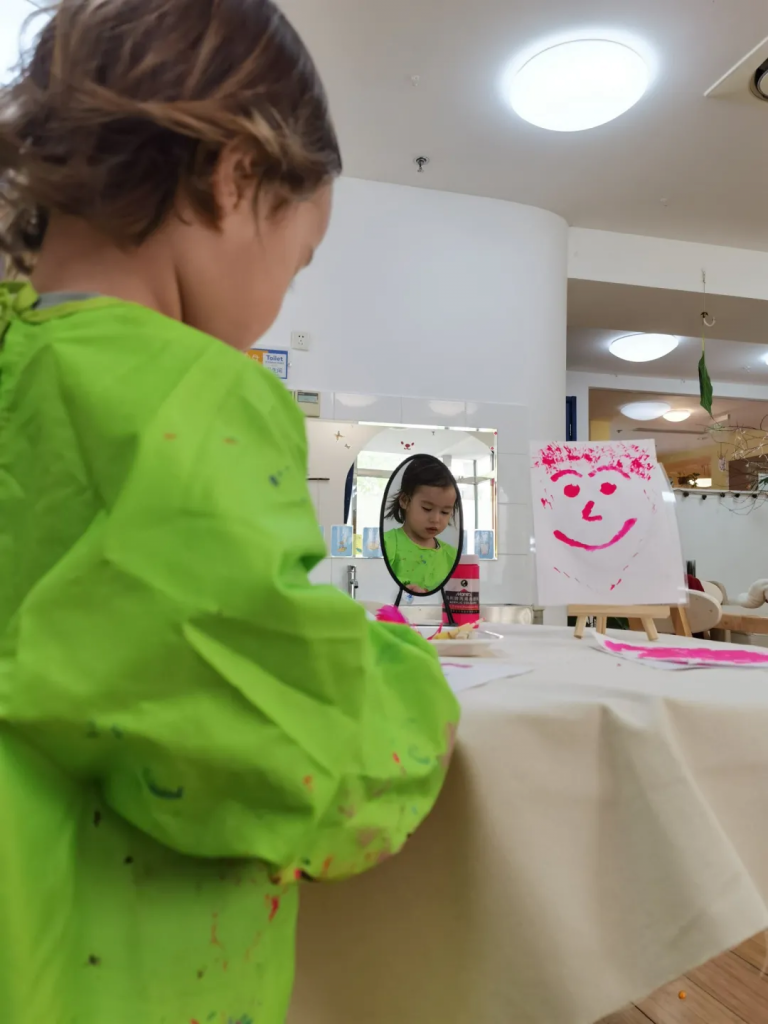
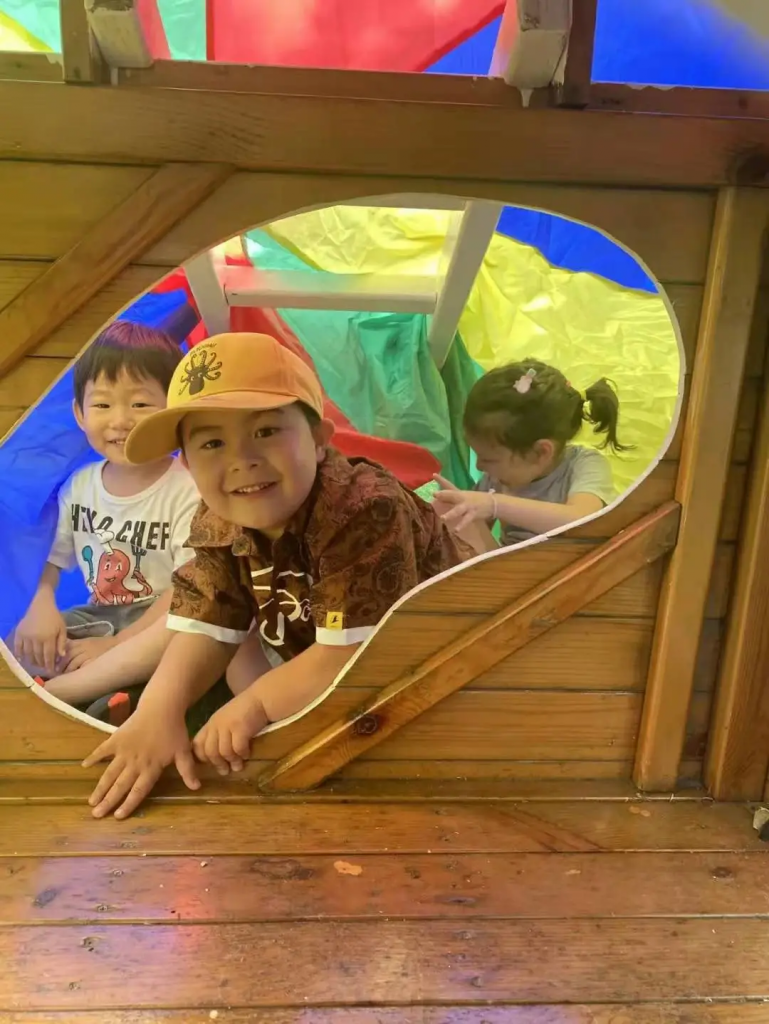
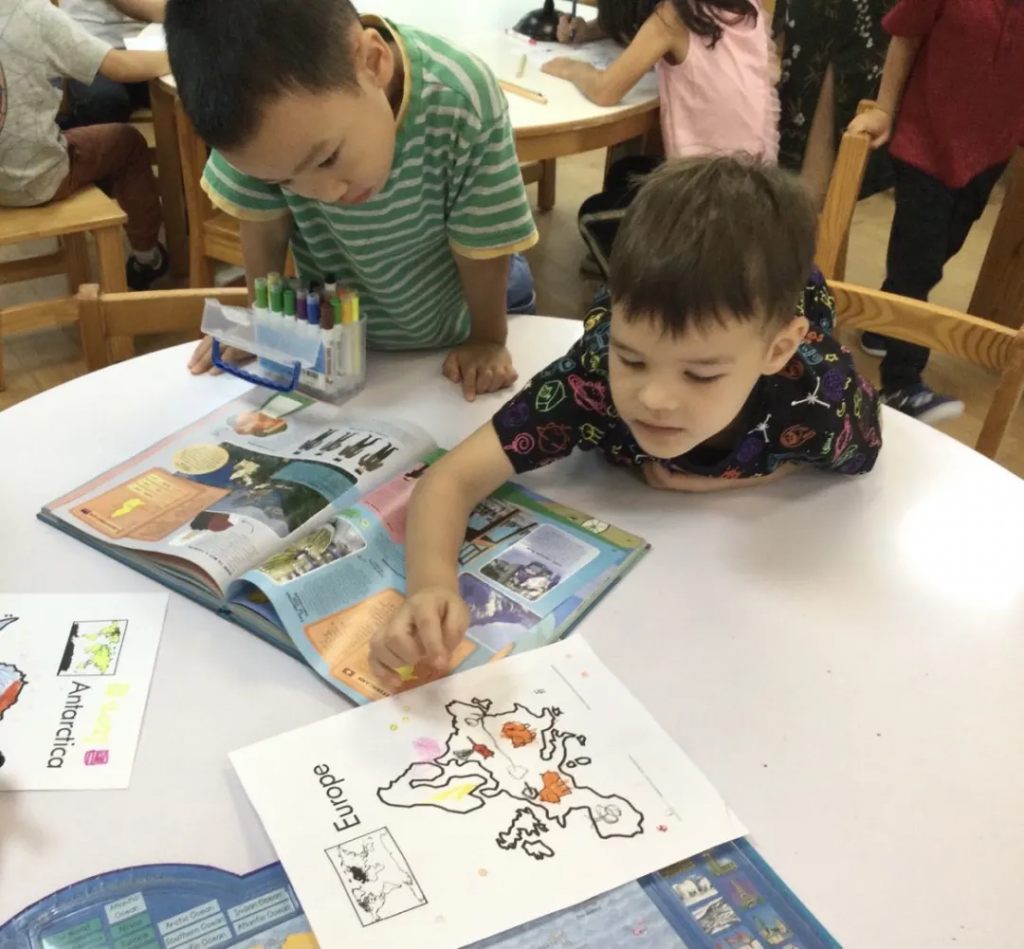
21st Century Skills
Children finding their own answers? That may sound like an undergrad research project – but for a 3-year old? For educator and the House of Knowledge co-founder, Mr. Farshad Danicek, children first and foremost should learn to learn, and Farshad believes that the ability to “Learn to Learn” is the foundation of a life-long learning path.
Furthermore, the ability to solve problems creatively, ranks first among so-called 21st century skills. We all know that soon, many tasks may be executed by machines but with creativity, confidence and teamwork, children will flourish in tomorrow’s world. 
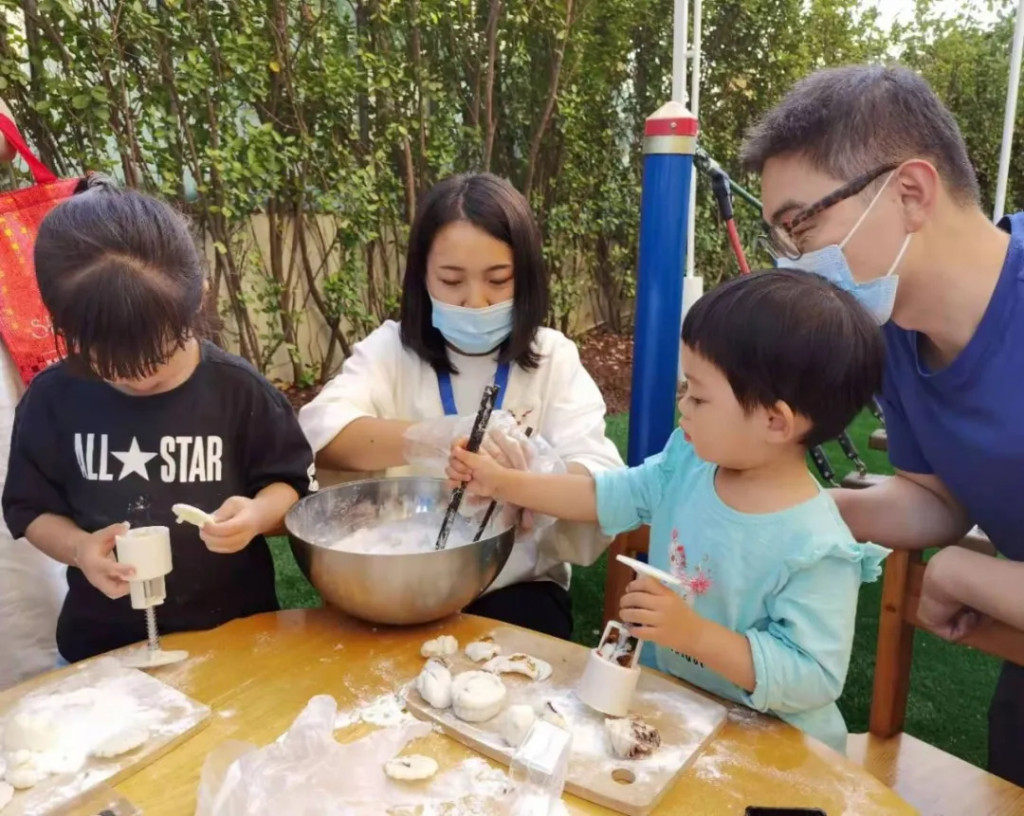
The natural curiosity of children, their desire to figure out how something works, is the best tool to develop their ability for self-directed learning. And that can start at the youngest age by allowing children to experiment, to make mistakes and help them reflect on what they learned. 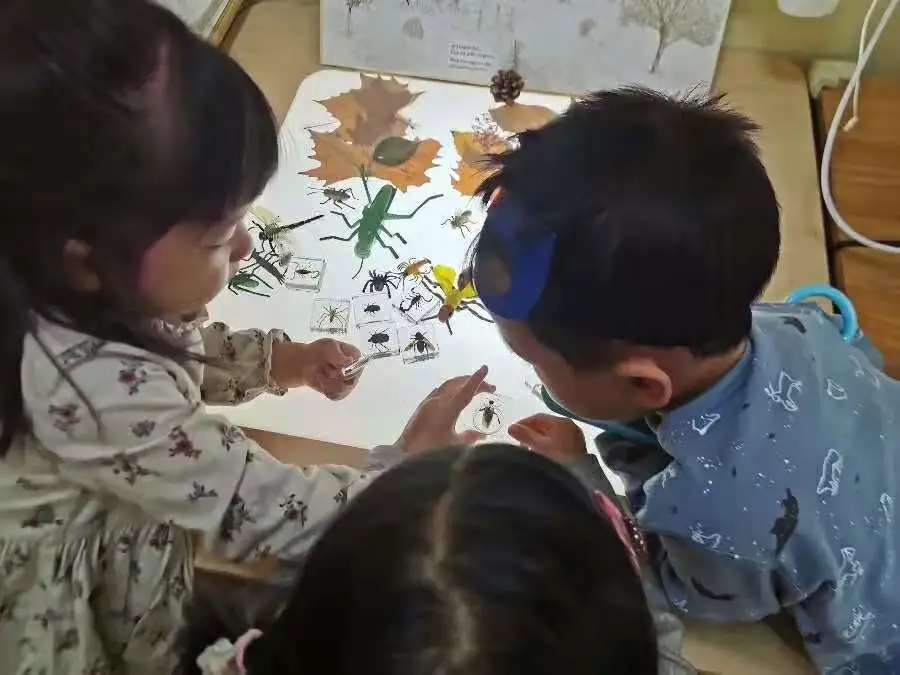
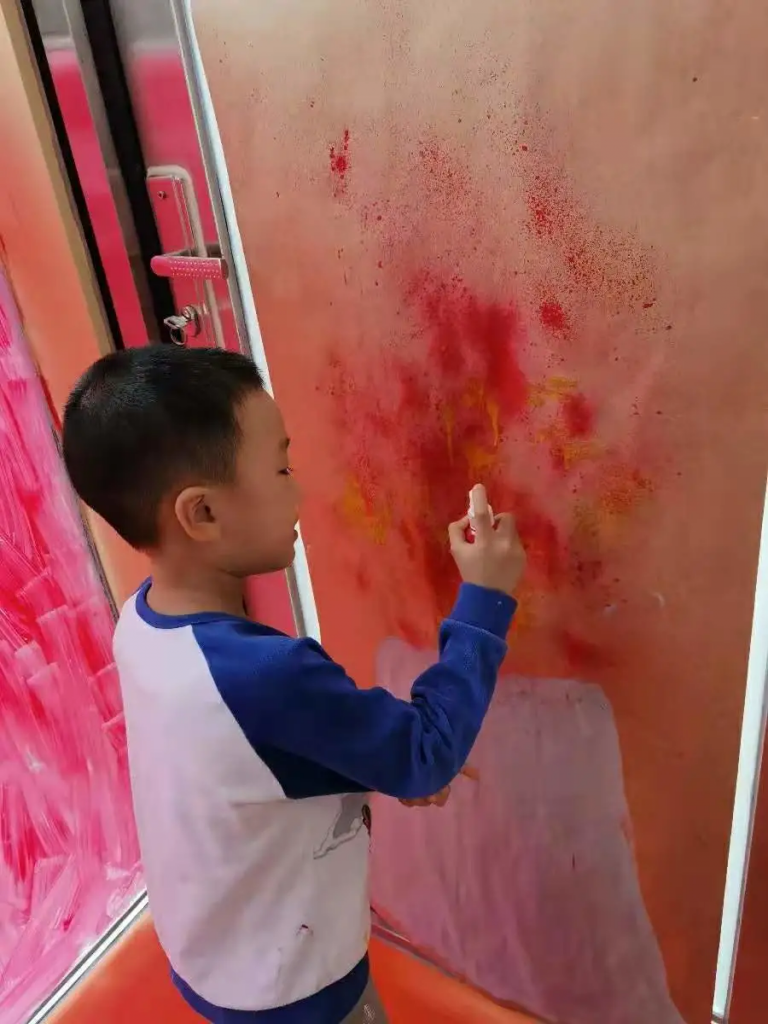

Project-based Learning Approach
Instead of isolated subjects in a time frame as what traditional schools offer, a theme or project is the lens through which our students look at math, science, history, art, geography, literacy, reading and writing, manipulation and experiment, as well as a variety of subjects together. 


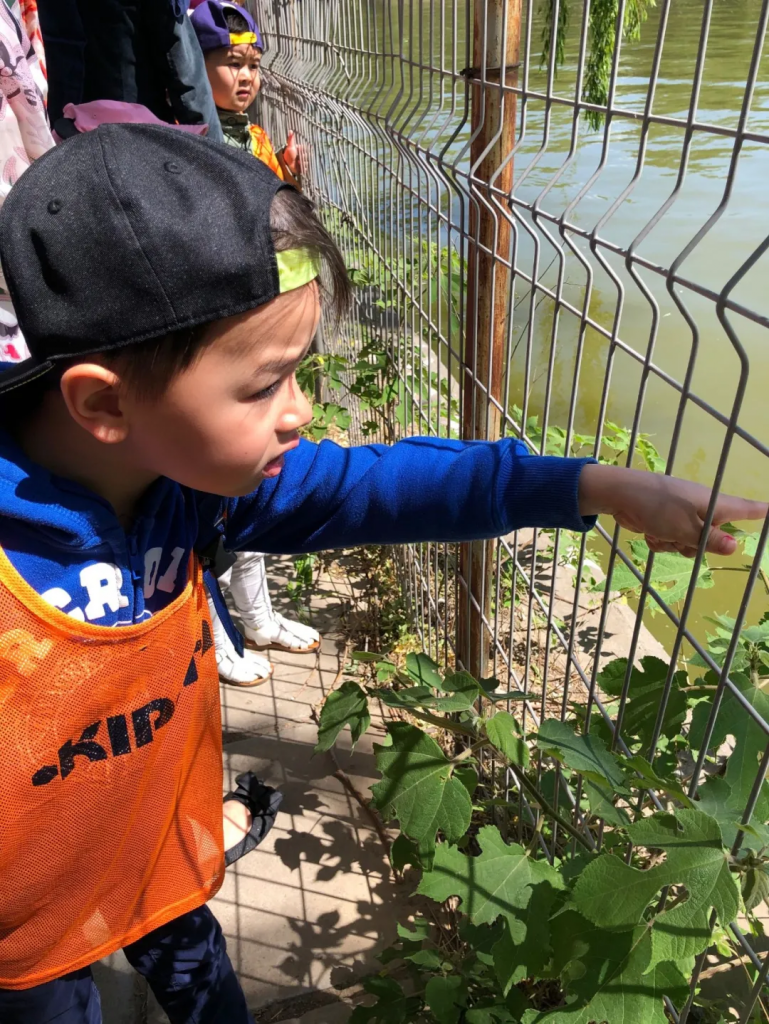
Besides allowing children to explore and participate all different kinds of experiments and learning progress, House of Knowledge also recognizes that there are many opportunities for learning that lie far beyond the classroom-learning should never be limited to a classroom, school, or coming from a teacher. The world around the children can offer them the chance to learn something completely new, exploratory, and provide inspiration to start investigations of their own, and to expand their horizons and explore topics to which they had not previously been exposed.
Guten Tag! (德语:您好!)
Chinese and English are standard in bilingual schools across China, but not many schools offer a third language from an early age on. At House of Knowledge, you can hear German in the classrooms and on the playground. While rooted in Chinese culture, House of Knowledge maintains connections with Germany by celebrating German events and important dates. Every year, House of Knowledge community families are invited to participate in traditional German-related festivals together to celebrate the German culture as a big family-such as the Oktoberfest, the St. Martin’s Day, etc.
From an academic perspective, the school offers a variety of choices, such as the German stream in the Early Years program. From school founder, principal, to the German teachers, House of Knowledge is equipped with a very strong German team that allows the German culture to be authentically immersed in students’ daily life.
Want To Know More?
Join Our Parent-Child-Workshop!
Date/Time: October 16th (Saturday)10:00AM – 11:30AM
Children’s Age Group: 3 – 5 years old
Price: 200RMB per family
RSVP: Call or Add WeChat: 15201801647
